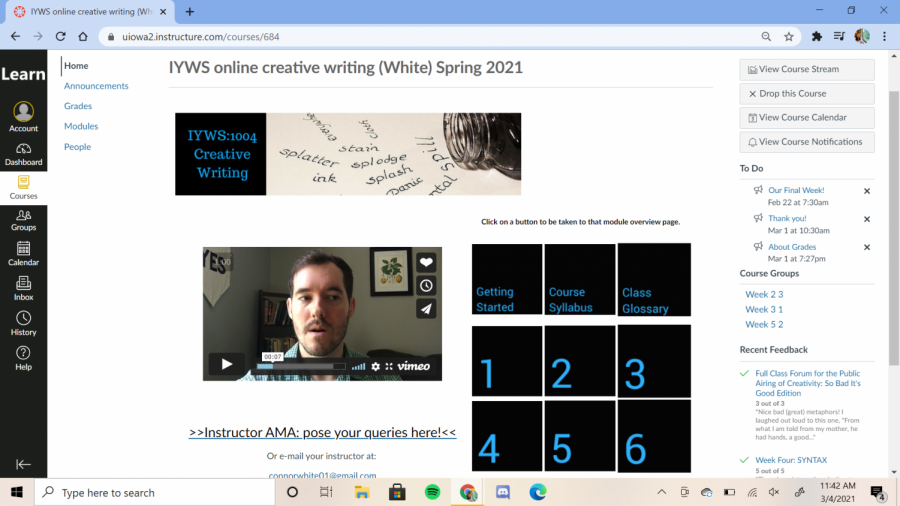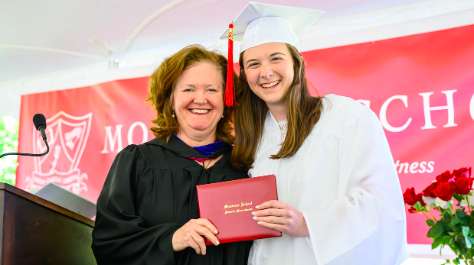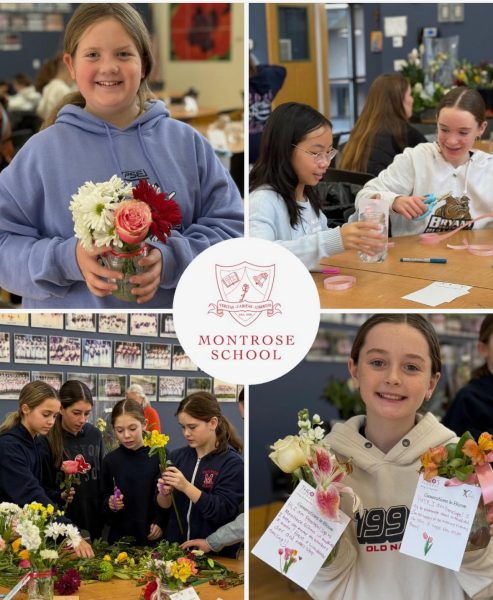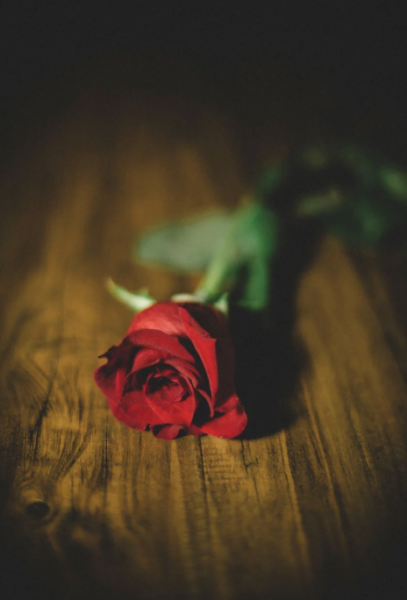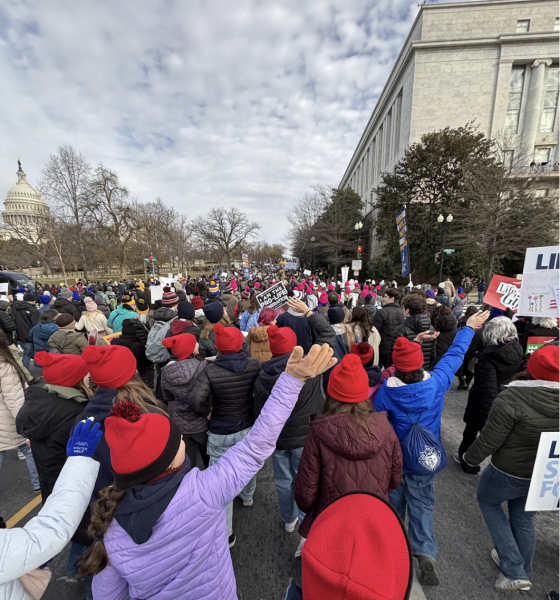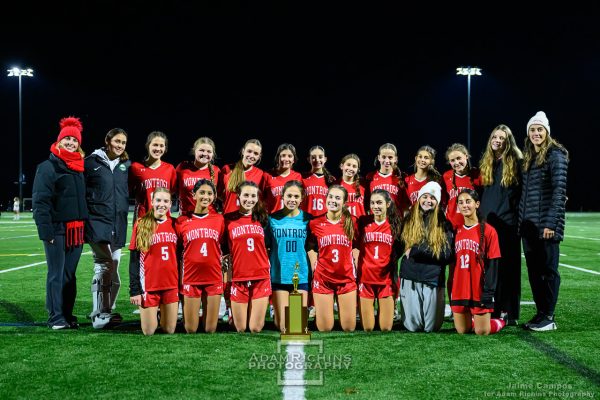The Iowa Young Writers Studio Experience
The University of Iowa is a college known for its graduate creative writing programs, but it also offers the experience to young writers in highschool who are still exploring their voice and style. This year, the six week program was offered online, which allowed for students to participate from anywhere in the country. The course that I participated in was an exploratory creative writing program called ‘Perusable Feast’ taught by Connor White, which gave students a taste of all different genres and styles of writing — similar to taking small bites of every course at a large banquet, hence the name ‘Perusable Feast.’
Creative writing is often a vast plot of no man’s land to young writers. I never know where to start, where to go, how to say what I want to say, but the more we scope out this no man’s land, the more we can see how each individual entity fits together to make a greater scenery. The more we explore techniques and styles, the more certain we can be that our writing will fit together as a cohesive piece of art.
The program kicked off in early January with introduction videos. Like I said, everyone was from all over: from California to Vermont, Chicago, Missouri, New Jersey, and more. From the videos, we all seemed excited to get to writing, which we did as soon as the first unit was posted. Like Montrose, the Iowa Young Writers Studio (IYWS) used Canvas to organize the class and post reading material, assignments, discussion forums and lecture videos each week.
Throughout the six weeks, we learned about imagery, abstraction, subtext, syntax, tension, metaphors, and more, while participating in weekly discussion forums. The week we explored subtext, we read the play “The Dance and the Railroad” by David Henry Hwang and we had to write a tension filled dialogue of our own. We explored maximalist writing through Tatyana Tolstaya’s “Okkervil River” and minimalist writing through “Short Talk on Why Some People Find Trains Exciting” by Anne Carson. In our discussions, we analyzed each author’s decisions down to the minute details, asking questions like “Why did they use this particular phrasing or punctuation?” or “How did they create tension?”
With the course now over, I find that my arsenal of writing techniques has expanded greatly. I am excited to embark on my journey as a writer knowing that, similar to the narrator in “Poem” by Ron Padgett, I am predestined to keep writing, keep typing, forever through the seasons even if (and when) I try to run away from the task.
by Elyza Tuan ‘23, Clubs and Classes Editor

